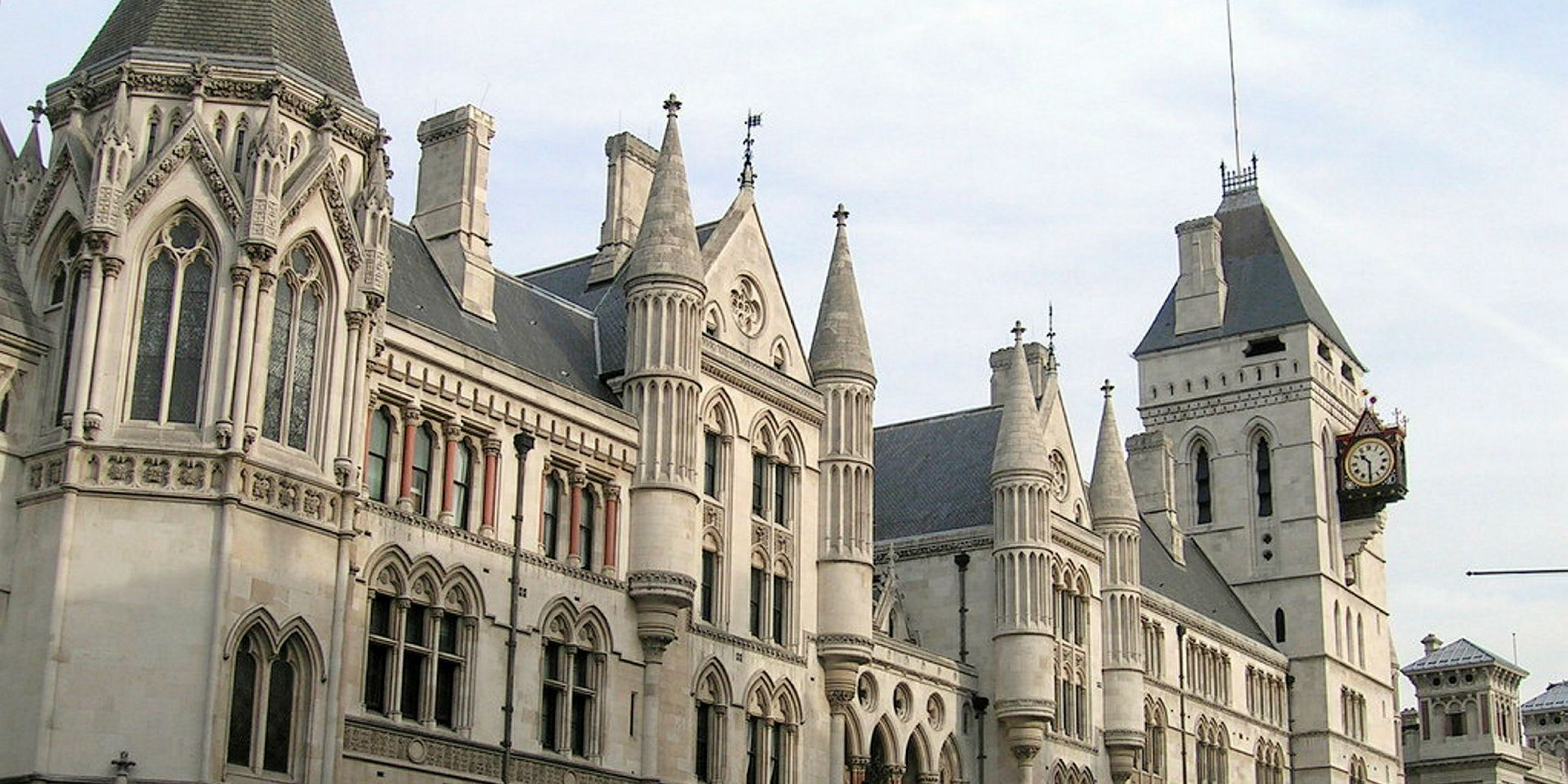Zodiac Maritime has reached a confidential out-of-court deal to resolve a legal dispute with a Bangladesh shipbreaker, who was claiming compensation for life-changing injuries sustained during the demolition of one of its ships.
Information has not been disclosed about the terms of the settlement or whether compensation has been paid by Zodiac Maritime.
As TradeWinds earlier reported, steel-cutter Mohamed Edris brought his claim to human rights law firm Leigh Day for the loss of a leg and other severe injuries sustained while demolishing the Zodiac Maritime-managed, 915-teu Eurus London (built 1992) in April 2015.
The case was long anticipated as a test case to see whether a shipowner’s duty of care could be extended to a foreign shipbreaking yard well after the vessel had been sold for scrap, and whether the case should be heard in the UK courts. In this case, the claim was brought two years after the accident occurred.
In its pleadings to the UK High Court, the claimant argued that English law should apply.
Edris’ lawyers further contend that English law would put a duty of care on Zodiac Maritime to ensure a safe environment at Bangladesh demolition yard Ferdous Steel Corp even though the vessel was sold to the breaker through a third party.

The claimant’s case partly rested on whether Zodiac Maritime — the boxship’s London-based manager and a part of the Zodiac group that includes the Eurus London’s beneficial owner, the SAMAMA Group — was the party that made the decision to scrap the vessel in Bangladesh.
The claimant alleged that Zodiac Maritime sold the vessel with full knowledge of the risks and the poor safety record of shipbreaking in Bangladesh, and that it was the company’s staff in England that knew of the dangers.
Edris’ lawyers state that the case should be heard in London because the European Union’s Rome II Regulation suggests a claim can be brought to the jurisdiction where “the event giving rise to environmental damage [in this case, the sale of the vessel] occurred”.
Edris’ side claims that the Standard Ship Management Agreement, under which Zodiac Maritime was appointed to dispose of the ship, is also governed by English law.
Edris’ lawyers also point out that the contract with the third-party buyer of the vessel, Rayna Investments, was also agreed in the UK, as was the decision to sell to Bangladesh.
The claimant’s side argues that under English law, “the defendant had a duty to take reasonable care in selecting a contractor for, or method of, disposal of the Eurus London, which would not endanger human health, damage the environment and/or breach international regulations for the protection of human health and the environment”.
Edris’ lawyers also alleged Zodiac Maritime was in breach of the EU’s Waste Shipment Regulation through the sale of the vessel.
In a response to the court, Zodiac Maritime contested Edris’ claims on jurisdiction. Firstly, the company’s lawyers question the claimant’s description of the structure of the Zodiac group of companies.
The defendant also said it sold the vessel to a third party, which the Zodiac Maritime’s lawyers argued “was able to choose a shipbreaking facility, matters which are beyond the defendant’s expertise”.
The Eyal Ofer-led company further countered that the decision to sell was not taken by Zodiac Maritime in London, but by the owner in a November 2014 meeting in Monaco. The owner, it pointed out, is a Marshall Islands-registered company, while the buyers are from St Kitts and Nevis.
Zodiac Maritime’s own interpretation of the Rome II Regulation is that as the damage occurred in Bangladesh, the correct place to hear the case is that country.
Zodiac Maritime said in its response to Edris’ pleadings that it does not have a duty of care because UK law does not apply. But even if it did, the shipmanager contended: “It is not the role of English tort law to expand the duty of care to compensate for perceived shortcomings in foreign regulatory systems or reform the international shipping industry.”
It also distances itself from the circumstances that led to the accident.
“The [claimant’s] citations indicate a general risk of accidents in Chittagong shipbreaking yards,” Zodiac Maritime’s lawyers argued.
“This does not establish the claimant’s alleged accident was reasonably foreseeable by the defendant.
“The defendant had no knowledge that a hatch cover had been installed in an unusual fashion, which posed a risk of causing
the propeller to bounce dangerously.
“It is averred that the alleged accident was reasonably foreseeable by the claimant and the claimant’s foreman.”
Zodiac Maritime also pointed out that Edris has already received compensation for the accident from his employer, which excludes him from bringing further claims under Bangladesh’s labour laws.




